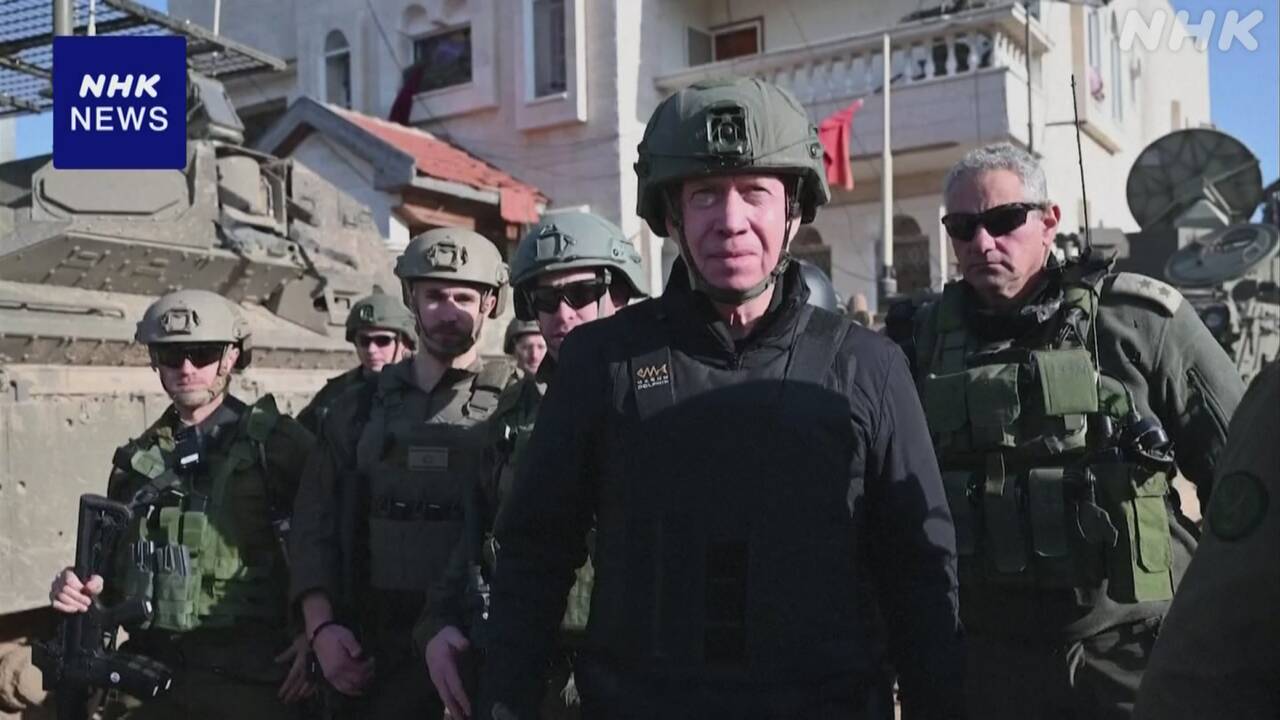Israel has indicated that it is preparing to move troops into Rafah, the southernmost part of the Gaza Strip and where many displaced people have fled, and has received criticism from the United Nations and countries such as Germany, which have traditionally taken a pro-Israel stance. There are growing concerns that the humanitarian crisis could deepen further.
Israeli Defense Minister Gallant visited Khan Yunis in the southern Gaza Strip on the 1st and said, ``We are achieving our goal in Khan Yunis. We will also reach Rafah and eliminate the terrorist forces that pose a threat.'' He also showed a readiness to advance his army.
Under these circumstances, the Middle East satellite television station Al Jazeera reported on the 3rd that the Israeli military shelled Rafah, killing 28 people.
Rafah, the southernmost part of the Gaza Strip bordering Egypt, originally had a population of over 270,000 people, but it has now grown to more than 1 million people due to large numbers of residents fleeing from the northern and central regions following Israeli attacks. are said to be densely packed.
In response to Defense Minister Gallant's remarks, a spokesperson for OCHA (United Nations Office for the Coordination of Humanitarian Affairs) stated at a press conference on the 2nd, ``Rafah is a pressure cooker of despair. We fear what will happen next.'' He expressed concern that the humanitarian crisis could deepen further.
Furthermore, German Foreign Minister Baerbock, who has shown a pro-Israel stance, said in an interview with local media published on the 3rd that ``taking action in Rafah, the last and most congested area in the Gaza Strip, is "It is not justified," he said, expressing his opposition and raising concerns.

